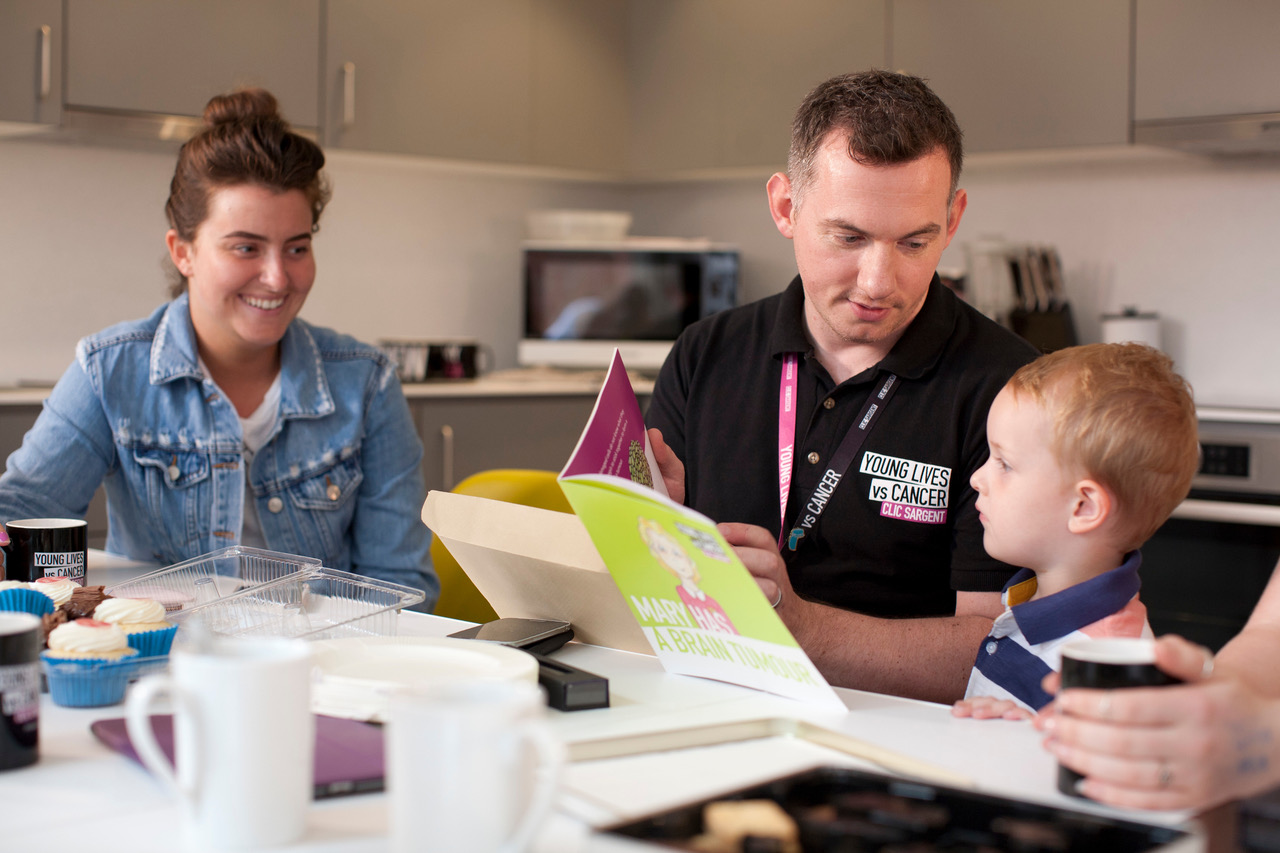Sarah Cashman, fundraising manager of Age UK Hammersmith and Fulham talks about what it can be like working for a federated charity, particularly when people in the sector don't know the difference - let alone the public.
_____________________________________________________________________
When I first started my role, I remember asking someone if working for a local Age UK was going to cause me any problems. I distinctly remember being told: “don’t worry – everyone knows this”.
I’m now about a year and a half into the job and let me tell you. Nobody knows this.
I tell people I’m a sole fundraiser and they are shocked that a big national charity would only have one fundraiser in place. And whilst I love the idea that there are people out there who believe I could single-handedly bring in the £127 million that Age UK received in 2020/21 (it’s great for the ego!), that’s not what’s happening.
I work for Age UK Hammersmith & Fulham. We are a local brand partner of Age UK. That is, an independent charity supporting people in the London Borough of Hammersmith and Fulham, with our own registered charity number, our own CEO, and doing our own fundraising - not an offshoot, local office, or branch of Age UK.
There are, in fact, 132 local Age UKs (including the nations). And then there’s Age UK (or National, as we tend to call it). The local brand partners deliver frontline services; some of us have Activity or Community Centres, some deliver befriending, some teach digital skills, some receive statutory or NHS grants to deliver services. They are all different. Because the need is different. Because they are all independent charities.
The way I’ve taken to describing it, which is surprisingly universally understood is ‘we are the McDonald’s of the charity world’.
Except this time, I’m not sure I’m lovin’ it.
Don’t get me wrong; it definitely has its advantages. As a small local charity, we can have greater reach than many other organisations of the same size and scope thanks to the Age UK brand being so well known. It’s synonymous with support of older people and is the go-to for most people looking to support in that area. As someone who has predominantly worked in small charities, I know what a gift having a recognisable brand is.
But it frustrates me that it is such a well-kept secret. The federated model, whilst looking different for almost every organisation that uses it, is not that uncommon in the charity sector. Some huge names in the UK charity sector, such as Mind, Mencap, and Citizen’s Advice, operate under some form of the same model as Age UK. And yet, so few people seem to even know this structure exists, let alone understand how it works.
And it’s definitely not intentional. Almost every person I have spoken to at a local Age UK would love for their charity to be more recognised as an independent organisation. For the entire name to be quoted or acknowledged, not just the ‘Age UK’ part. Calling us all Age UK is a little bit like only using one part of someone’s hyphenated name. Sure, it’s not entirely inaccurate, and the person knows you mean them, but it is still a little rude when they’ve introduced themselves using both parts and you’ve chosen to ignore half of it.
So next time sometime introduces their charity as ‘Big Charity You’ve Definitely Heard of followed by Geographical Location’, just remember, they’re probably a federated charity trying to let you in on the big federation secret.
Latest News
-
From comics to crockery: the best places for charity shop sales revealed
-
Three arrests made amid ‘large-scale theft' of charity clothes donations
-
Global majority voluntary sector leadership programme launches
-
Agency overhauls community charity’s brand for free
-
Mothers and babies charity to close ‘due to ongoing funding struggles’
-
FareShare interim boss takes role on a permanent basis
Charity Times video Q&A: In conversation with Hilda Hayo, CEO of Dementia UK
Charity Times editor, Lauren Weymouth, is joined by Dementia UK CEO, Hilda Hayo to discuss why the charity receives such high workplace satisfaction results, what a positive working culture looks like and the importance of lived experience among staff. The pair talk about challenges facing the charity, the impact felt by the pandemic and how it's striving to overcome obstacles and continue to be a highly impactful organisation for anybody affected by dementia.
Charity Times Awards 2023
Mitigating risk and reducing claims

The cost-of-living crisis is impacting charities in a number of ways, including the risks they take. Endsleigh Insurance’s* senior risk management consultant Scott Crichton joins Charity Times to discuss the ramifications of prioritising certain types of risk over others, the financial implications risk can have if not managed properly, and tips for charities to help manage those risks.
* Coming soon… Howden, the new name for Endsleigh.
* Coming soon… Howden, the new name for Endsleigh.
Better Society

© 2021 Perspective Publishing Privacy & Cookies










Recent Stories